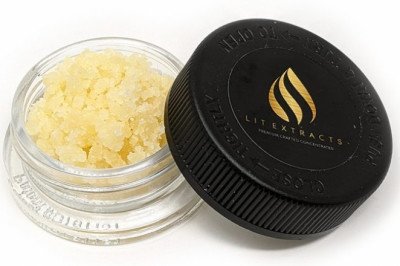views
Butyric Acid is a short-chain fatty acid (SCFA) that is naturally present in several foods and is also produced by gut bacteria during fermentation of dietary fibers. The name 'butyric acid' is derived from the Greek word "butter" (bou-tyron) as it has a rancid butter-like odor. It is a colorless liquid with a pungent odor and sour taste, and has several applications in various fields such as food, pharmaceutical, and chemical industries.
Butyric Acid is a four-carbon carboxylic acid with the molecular formula C4H8O2. It is the simplest of the SCFAs and is formed by the fermentation of dietary fiber in the colon by gut microbiota. Butyric acid is also present in some animal fats such as butter, cheese, and milk. It is also found in certain plants and fruits like apple and raspberry.
The production of Butyric Acid in the colon is beneficial to the host as it serves as an energy source for colonocytes and has several health benefits. Butyric acid has been shown to improve gut health by increasing the production of mucus and reducing inflammation. It also has antimicrobial properties and can help prevent the growth of harmful bacteria in the gut.












Comments
0 comment